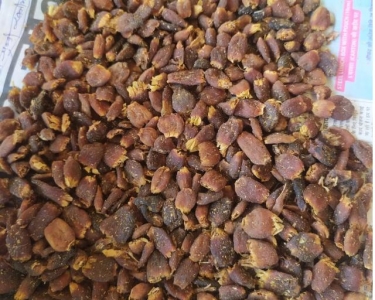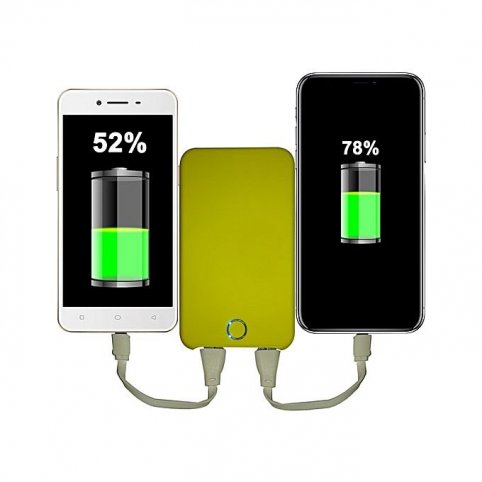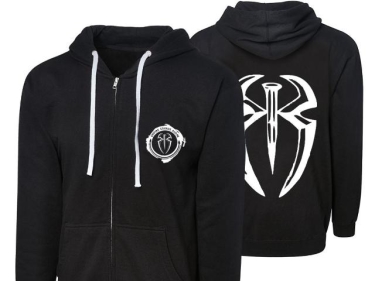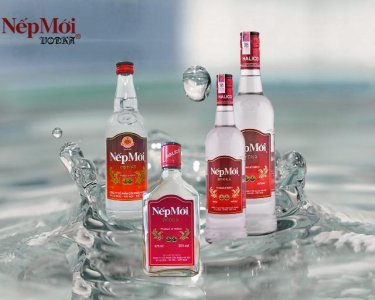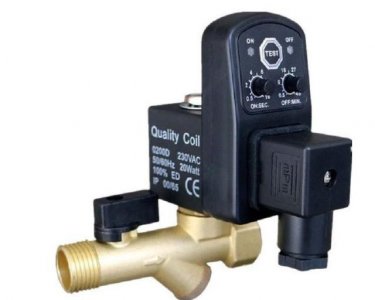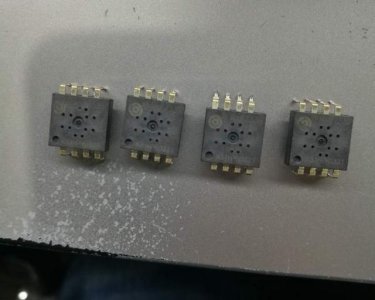Live animals
Couldn't find the product you want?
Fill out this form to request the product.
Products You May Like
Export from Montenegro
Montenegro is a sovereign state in Southeastern Europe. It has a coast on the Adriatic Sea to the south-west and is bordered by Croatia, Bosnia and Herzegovina, Kosovo, Serbia and Albania. Its capital and largest city is Podgorica. Despite the small size of the domestic market, its economy rates grow.
Classified by the World Bank as an upper middle-income country, Montenegro is a member of the UN, the World Trade Organization, the Organization for Security and Co-operation in Europe, the Council of Europe, the Central European Free Trade Agreement and a founding member of the Union for the Mediterranean. Montenegro also is a candidate for joining the European Union and NATO.
Montenegro’s export sector is driven by its manufacturing base. Products that Montenegro exports could be categorized as raw materials. These are mainly non-ferrous metals, iron and steel and wood products.
Montenegro’s main exports are:
- Raw Aluminium
- Passenger and Cargo Ships
- Wine
- Lead Ore
- Scrap Iron
- Sawn wood
- Refined petroleum
- Packaged medicaments
- Zinc ore
- Transmissions
Montenegro’s major export partners are Serbia, Hungary, Croatia, Greece, Germany.
Prices in Montenegrin economy are largely determined by market forces. The government, however, exerts influences over prices of some commodities, including energy, utility and transport, through state-owned enterprises.
Import to Montenegro
Montenegro was a part of the Federal Republic of Yugoslavia (FRY) with Serbia. The nation declared its independence from the republic in 2006. With the dissolution of the political union with Serbia, Montenegro applied for separate membership with international financial institutions, such as the World Bank, International Monterey Fund and the European Bank for Reconstruction and Development.
The economy of Montenegro is mostly service-based and is in late transition to a market economy.
Aluminium and steel production and agricultural processing make up for most of the industrial output. Tourism is an important contributor to the Montenegrin economy. Approximately one million tourists visit Montenegro every year. Tourism is considered the backbone of future economic growth, and government expenditures on infrastructure improvements are largely targeted towards that goal.
Key import commodities of Montenegro are fuels and lubricants, machinery and transport, chemicals and manufactured goods. Montenegro for many years puts money aside for importing food. During last year, 397.7 million euros were spent for meat, cereals, dairy products, fruits and vegetables, sugar and coffee. Of the total figures 122.5 million euros was allocated for importing meat and meat products, whereas 55.6 million euros was given for grains.
Montenegro main imports are:
- Refined Petroleum
- Cars
- Passenger and Cargo Ships
- Pig Meat
- Packaged Medicaments
- Cement
- Cereals
- Flavored water
- Broadcasting Equipment
- Leather Footwear
Montenegro’s main import partners are Serbia, Greece, Italy, Germany, China, Croatia, Bosnia and Herzegovina.
Check Out Export Portal: A Site That Lets You Export Live Animals
If you are looking to buy and export animals, then you came to the right place! Export Portal's Live Animals Department is an online marketplace for sellers and buyers of any livestock. We work to contribute to the live export industry, which brings many economic advantages and other benefits to countries that rely heavily on livestock imports. In fact, in just Australia alone, this industry contributes roughly $1.8 billion to the country's GDP each year. Moreover, it also ensures food security while helping people meet their protein needs as well.
Finding the Right Animal
We feature a wide range of pigs, cows, sheep, goats, horses, rabbits and hares, turkeys, bees, and fish for sale. An increasing number of American, Australian, German, South African, Argentinian, and Italian farmers and companies are advertising their livestock with Export Portal, portraying just how effective and helpful our site is.
To help customers make more informed purchasing decisions, our site lets users narrow down their searches by the age, breed, and sex of the animal. If you are feeling hesitant to shop on our site and want more detailed information, make sure to check out our seller ratings and reviews, which are written by our buyers and customers. We also collaborate with hundreds of trusted international shipping companies that arrange the transport of all kinds of animals and birds to any country in the world.
Online Shopping is More Simple with Export Portal
Export Portal is an ideal site for everyone who is an avid online shopper. Our convenient options make it easy to find and buy whatever you are looking for. Our seller network from all over the world has everything you need, and our customer support team will make sure you can find it. Our wide assortment of products will be sure to provide you with the best shopping experience. Make sure to check out our site and items today!
Customs requirements of Montenegro
Customs Administration of Montenegro (UPRAVA CARINA):
Website: http://www.upravacarina.gov.me/en/administration
Email: kabinet.direktora@carina.gov.me
Address: Oktobarske revolucije 128, 81000 Podgorica, Crna Gora
Telephone: + 382 20 442 000, + 382 20 620 433, + 382 20 620 322
Fax: + 382 20 620 459
Chamber of Economy of Montenegro
Website: http://www.privrednakomora.me/en
Email: pkcg@pkcg.org
Address: Novaka Miloševa 29/II, Podgorica 81000, Crna Gora
Telephone: +382 20 230 545
Fax: +382 20 230 493
Montenegro is a small Balkan country with the republican form of government. Montenegro is a civil, democratic, ecological state of social justice based on the rule of law.
Almost 80% of the territory of Montenegro consists of forests, pastures and meadows. It has one of two European rain forests, the southernmost fjord in the world, the largest lake in the Balkans, river with the deepest canyon in Europe and the second in the world. It has beautiful rugged mountains, medieval villages and a narrow strip of beaches along its Adriatic coastline.
Montenegro economy is on the path of expansion, with increased focus on attracting foreign investment. The Montenegrin government has privatized the nation’s aluminum complex and financial sector, both of which are dominant contributors to Montenegro economy industry. Existing Montenegro laws treat foreign and domestic capital similarly. Also, starting a business in Montenegro takes 13 days on an average, in comparison to the world average of 38 days. This is reflective of the nation’s highly conductive business environment.
Montenegro’s customs administration simplified trade by eliminating the requirement to present a terminal handling receipt for exporting and importing. Exporting a standard container of goods requires 6 documents, takes 14 days and costs about $985. Importing the same container of goods requires 5 documents, takes 14 days and costs $985.
Montenegro exporting and importing documentation includes the following documents:
bill of lading, certificate of origin, commercial invoice, customs export declaration, packing list, technical standard/health certificate.
Duties on goods imported into the customs territory of the Republic shall be based on the Law on Customs Tariff.
In exceptional cases, a uniform rate in the amount of 5% of the customs value of goods may be applied to goods of a non-commercial nature that are carried by a traveller, or for goods received by a natural person in the post from another natural person.
The Government shall determine the value of goods, including the kinds of goods to which the uniform rate cannot be applied.
The Government may adopt specific regulation to determine export duties on certain products.
Goods brought into the customs territory of the Republic shall, from the time of their entry, be subject to customs supervision and customs control in accordance with regulations.
Goods remain under customs supervision for as long as necessary to determine their customs status.
Import procedure
Goods imported from abroad, for which exemption from payment of import duties is not provided, shall be cleared for customs at border crossing points using the regular procedure. The Party involved in the customs procedure is a person on the basis of whose application the customs procedure is initialed.
Documents, certificates, declarations used during import procedure:
1. Single Administrative Document (SAD) as a regulated form and used as a written customs declaration. It has to be signed and contain all information necessary for the application of the regulations regulating the import of goods.
2. Import invoice is a document on the basis of which delivered goods are paid, and it is issued by the seller of goods. The invoice specifies the date of issue, quantity of goods, description and characteristics of goods, unit price presented in agreed currency and measurement units, total value of goods, the place of dispatch, the date of the invoice, the address of the buyer, signature of the seller etc.
3. Transport documentation regulates the shipping and transport of goods. The most important documents regarding transport are the following:
- CMR;
- railway consignment note (CIM);
- bill of lading;
- air waybill (AWB).
CMR contains information about: the sender's company, the recipient company, a detailed description of the goods, the markings of the vehicle, transport costs and customs duties, as well as a list of documents attached to the waybill.
4. Certificate of origin is not a mandatory document, but it is of essential importance for the importer because it indicates possible preferential origin of goods in the country of the importer and thus reduces the costs for customs clearance. The certificate of origin is issued by competent authority from the country of origin of the goods.
5. Veterinary or phytosanitary certificate (for agricultural products) is a mandatory document that must accompany goods of plant or animal origin, which provides that the package meets the specific requirements.
6. In general, the import of goods into Montenegro is free. However, the import of certain types of goods requires a import license due to their specific nature.
Export procedure
Persons engaged in export must present proper documentation required for the purpose of the application of the rules regulating this customs procedure.
Documents, certificates, declarations used during export procedure:
1. Export declaration as the basic document lodged for any goods intended to be exported. It shall be submitted in a prescribed form. It must be signed by an authorized person and must contain all information necessary for the application of the regulations regulating the customs procedure for which the goods are declared.
2. Invoice is a document on the basis of which delivered goods are paid, and it is issued by the seller of the goods. The invoice specifies the date of issue, quantity of goods, description and characteristics of goods, unit price presented in agreed currency and measurement units, total value of goods, the place of dispatch, the date of the invoice, the address of the buyer, signature of the seller etc.
3. Transport Documentation regulates the dispatch and transport of goods. The most important documents regarding transport are the following:
- CMR;
- railway consignment note (CIM);
- bill of lading;
- air waybill (AWB).
CMR is issued by the shipper and is a document serving as evidence that the goods have been accepted for transport. The waybill contains information about: the sender company, the recipient company, a detailed description of the goods, the markings of the vehicle, transport costs and customs duties, as well as a list of documents attached to the waybill.
4. Certificate of Origin is not a mandatory document, but it is of essential importance because it indicates possible preferential origin of goods and thus reduces the costs for customs clearance. The origin of goods determines whether a preferential customs rate shall be applied for the particular goods. The certificate on preferential origin is issued by the customs authority, whereas the certificate on non-preferential origin is issued by the Chamber of Commerce of Montenegro.
5. Veterinary or Phytosanitary Certificate is a mandatory document that must accompany goods of plant or animal origin in export. This document shows that the package meets the specific requirements.
6. Generally, the export of goods from Montenegro is free. However, the export of certain types of goods requires a export license due to their specific nature. The Ministry of Culture decides on applications for issuance of licenses to export products of artistic, cultural and archaeological value.
Sources:
http://www.upravacarina.gov.me/en/administration
http://www.privrednakomora.me/en/chamber-economy
http://www.icaew.com/en/library/subject-gateways/doing-business-in/montenegro
